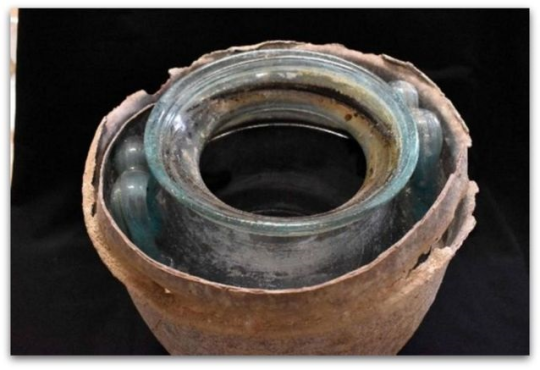
The magma has been accumulating for a long time, so it will take years to empty it.
Iceland’s latest wave of volcanic eruptions could last decades or even centuries, according to research published in the journal Terra Nova on Wednesday.

A series of eruptions began in 2021 on the Reykjanes Peninsula in the southwest of the island, just 55 kilometers southwest of the capital Reykjavik.
A large part of the population of the North Atlantic island lives in the affected region. It is also home to the only international airport and several geothermal power plants that supply the country with hot water and electricity.
Five major volcanic eruptions have occurred since last December alone. Lava poured out of fissures in the ground and engulfed several houses.
The researchers analyzed earthquake data from the past three years and compared the chemical and physical properties of lava from different locations to determine whether it came from the same underground magma chamber.
They discovered that it was indeed magma with similar petrographic properties. This suggests a connected underground magma system, the researchers wrote.
Based on the seismological data, they believe it is a moderately large accumulation of magma at a depth of approximately nine to 11 kilometers, which is 10 kilometers long. It was created between 2002 and 2020.
The team of researchers concluded that the current series of eruptions could be the beginning of a long-lasting episode, but they cannot predict how long it will last.
Iceland is located at the point where the North American and Eurasian tectonic plates separate. Therefore, volcanic eruptions are frequent, but eruptions of volcanoes closer to the center of the island usually last for several days or weeks. Fissure eruptions, on the other hand, can last much longer.








